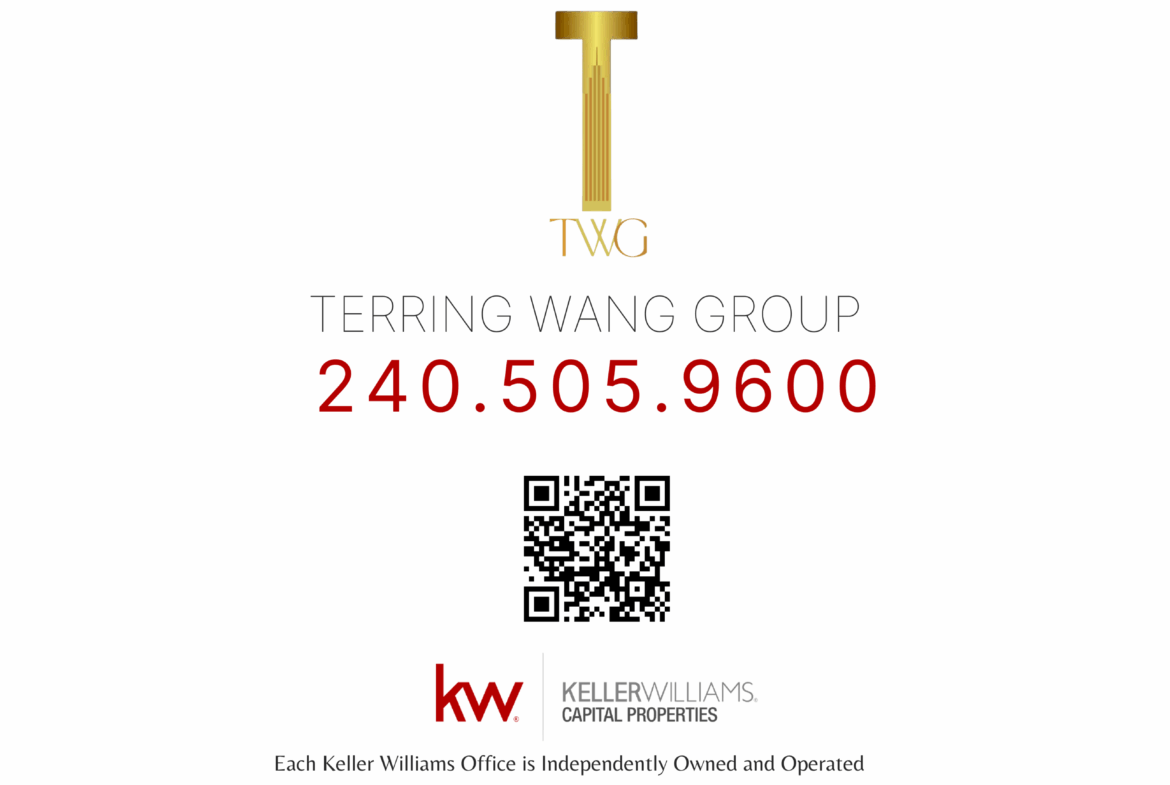By Lisa Kaplan Gordon (realtor.com)
When you buy an old house worn down by time and climate, it’s a no-brainer to hire a home inspector to check what shape it’s in—before you commit to your purchase. But should you hire a home inspector for a new house, even if it hasn’t been finished yet?
As odd as it may seem, the answer is yes. Here’s why new houses should get inspected, too, and the best way to go about it.
New homes can have problems, too
Sure, a new home may look flawless, but that’s because no one has lived in it to see if anything’s amiss. Ever notice how new products can be riddled with flaws that are caught only after they’ve been tried out by consumers? (We’re looking at you, Samsung Galaxy Note7!)
Well, the same is true for homes. Buy a new one, and you’re essentially the guinea pig testing how well the HVAC system works and whether the basement floods during a storm. An old home, by contrast, may have more wear and tear, but the owner is required by law to disclose any known problems.
New homes aren’t always built to code
We know what you’re wondering: Don’t county building inspectors make sure construction on a new home is up to snuff? They should, but that doesn’t always happen in reality. County inspectors work for the municipality and make sure new construction lives up to a minimum building code—repeat, minimum—plus these public servants don’t work for you. And unless you’re a general contractor or know nailed drywall as opposed to screwed, well, you just might be screwed yourself.
Reuben Saltzman, president of Structure Tech Home Inspections in Minneapolis, MN, says he’s found “egregious defects with every trade in new construction.” In one new house, he discovered that a contractor had failed to install attic insulation—not a good thing in a state that regularly sees below-zero temperatures in winter.
“The code inspectors missed it,” Saltzman says. “It paid off for this buyer to have a home inspection performed.”
Why new homes should ideally get two inspections
In fact, if you’re buying a home under construction, you should hire an inspector twice. The first time is so he can look over the home before the walls are closed, and inspect framing and systems installation. The second should be after the home is complete, so he can inspect everything else.
Home inspectors typically charge $300 to $500, depending on the size of your home and where you live. While hiring one twice might seem like costly overkill, think of it this way: If you spring for an early pre-drywall inspection, the inspector will make sure the studs, insulation, home systems, beams, and posts have been installed properly. That’s a sneak peek most home inspectors don’t get to make with homes once the walls are up. And if problems turn up, you can take the list of complaints and concerns—an early punch list—to the builder to correct before the walls are closed.
Once construction is complete, ask your inspector to review the house a few days before your final walk-through with the builder. The inspector is trained to notice details that escape the unpracticed eye. Add these issues to your final punch list, and don’t fork over the final payment until each problem is solved.
If you’re not part of the construction process and buy a spec house after it’s completed, add a home inspection contingency to your sales contract and hire an inspector to review the property before closing. Not only will an inspector make sure the house and systems are sound, but if you accompany him on his rounds, he’ll also teach you how to operate and maintain your new home.


